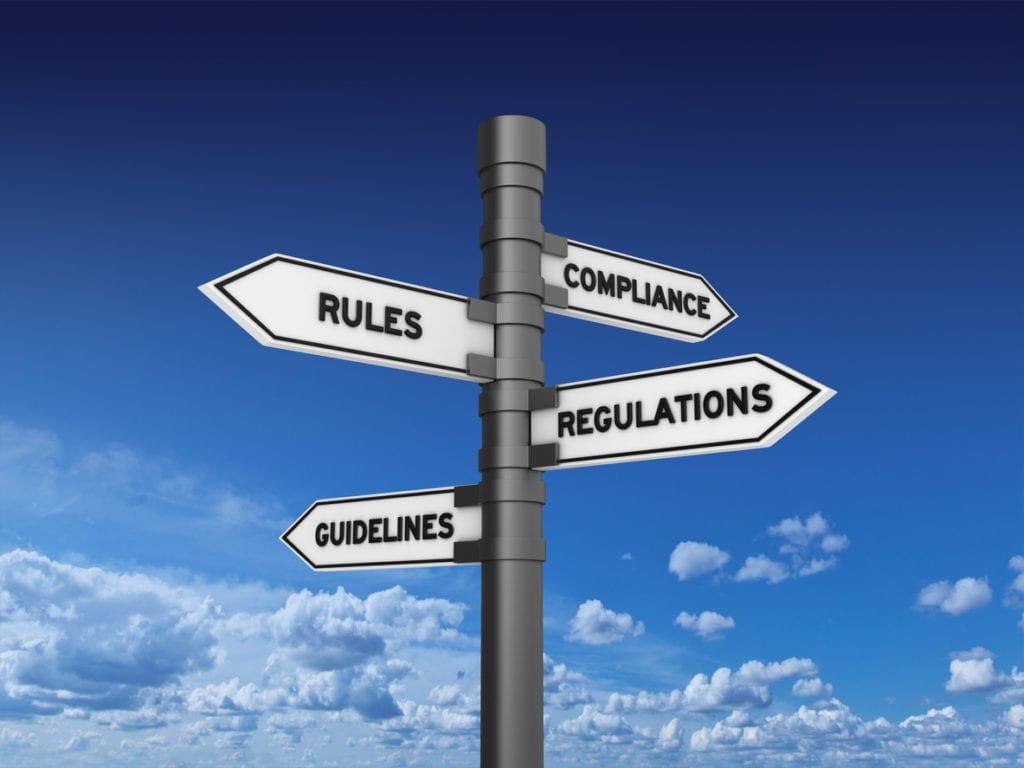Despite the collective efforts of law enforcement and BSA risk managers across the country, the United States is not doing the best job of finding effective and efficient ways to combat money laundering. Regulatory and legislative efforts, which are the truly meaningful actions that could be taken, are currently being worked on in Washington.
A recent ABA podcast summarized the key points of existing legislation. A key issue for regulators and legislators continues to be the currency transaction reporting threshold. Law enforcement has expressed concern about the reliability of information concerning the “money trail,” specifically if threshold amounts are doubled or tripled. This could result in law enforcement losing the information they need to “follow the money.”
More meaningful dialogue is required as the debate continues. FinCEN’s previous deferment on the issue and alternate responses to industry feedback such as revising and simplifying the CTR exemption process still do not address the concerns over the current reporting threshold, which has not changed since the inception of the law in 1970. For their part, Regulators tell us they continue to look for ways to streamline and simplify the CTR form and focus on ways the regulation may be changed so the regulatory focus can be on truly problematic areas.
There are currently several pieces of legislation that, in some cases, include bipartisan support. There is one Senate Bill (Illicit Cash Bill) being considered, and a House bill combining two separate House bills.
The Corporate Transparency Act or Beneficial Ownership Registry Bill (Maloney) was passed in the House on October 22, 2019. This bill calls for creation of a database to assist banks in validating beneficial ownership information, thereby making it more difficult (in theory) to create shell companies. The Bill will require covered beneficial owners to register with FINCEN at the time of the entity’s creation. The Bill calls for existing covered entities to register within 2 years, and any changes would require the company to report the changes to FinCEN within 90 days. Before passage, this Bill was amended to include the legislation sponsored by Rep. Cleaver that calls for broader BSA reform legislation. Typically, BSA reform legislation improves communication between banks and Law Enforcement. Law Enforcement is sensitive to priorities of financial institutions and acknowledges that your support is critical – but also doesn’t want you to have to support them in inefficient or ineffective ways. Utilizing new technologies would improve and make current processes more efficient. The Bill includes a provision to have FINCEN study SAR and CTR data to understand what data is valuable and what may be eliminated.
The Illicit Cash Act – A bipartisan group of senators introduced legislation that would update anti-money laundering laws and work toward eliminating the formation of anonymous shell companies for illicit purposes. This legislation includes a comprehensive national registry for beneficial ownership.
Other proposed reforms include the following:
- Require the Treasury to make public written guidance on exam and supervision priorities on how to design and maintain effective AML detection programs.
- Streamline SAR reporting requirements, report types and thresholds.
- Update the definition of coins and currency to include digital currency.
- Promote and facilitate more collaboration between banks.
- Review CTR and SAR thresholds for possibility of adjustment.
- Establish six regional offices to formalize the FINCEN Exchange program that will serve as a way for financial institutions and Law Enforcement to share and discuss illicit activities within their respective communities.
TCA’s BSA Action Team (BAT) continues to monitor the current regulatory environment as your compliance partner for BSA/AML compliance. TCA will be hosting a CTR webinar in January 2019 to get back to the basics, as well as the new changes required for February 2020. Contact TCA’s BAT with your BSA questions at info@tcaregs.com.






